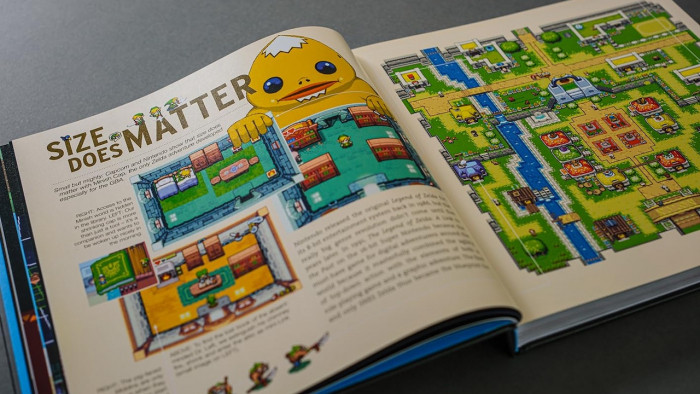Last November, Stephen Hawking predicted humanity only had around 1,000 years before Earth was completely used up – by which time we’d either have to be living on other planets, or we’d be extinct.
Six months later, he has revised his estimate: in his opinion we now only have roughly 100 years before our beautiful Eden is comprehensively screwed and sent off to the knackers’ yard. He’s blaming everything from climate change to overdue asteroid strikes, via epidemics and population growth, describing life on Earth as “increasingly precarious”.
In quotes heard by Wired during a speech at the Royal Society in London, Hawking essentially said humanity needed to start looking for new planets to ruin, pronto.
“I strongly believe we should start seeking alternative planets for possible habitation,” he said. “We are running out of space on Earth and we need to break through technological limitations preventing us living elsewhere in the universe.”
“I am not alone in this view and many of my colleagues will make further comments at the Starmus [a major space festival in Norway] next month.”

What’s probably most worrying to scientists is the rate of decay in Hawking’s predictions. If we had 1,000 years six months ago, and we’ve now got only 100 years, simple maths possibly dictates that by the end of 2017 we’ll have just 10 years to escape our muddy globe.
In totally unrelated news, our greatest living physicist has a new BBC 2 science show out later this year. Dubbed ‘Expedition New Earth’, in it, Hawking will discover whether and how the human race can reach the stars, and it promises “that science fact is closer to science fiction than we ever thought”. Whether that means we’ll all be living on Mars this time next year is unclear; we guess you’ll have to watch the show.
But probably. Probably we’ll be living on Mars and it’ll probably be fine.










